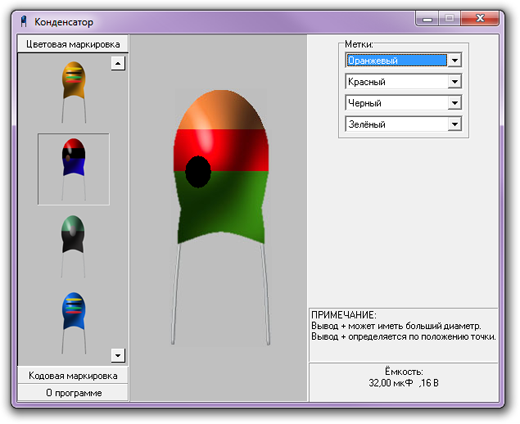Cifrovaya Markirovka Kondensatorov Programma
среда 15 мая admin 56
Write something about yourself. No need to be fancy, just an overview. No Archives Categories.
Solidworks 2017 free download. Apartments Kapetanovi Dvori is set on the island Ciovo, 300 m from the UNESCO protected town Trogir. It offers air-conditioned apartments with a balcony, a washing machine and free Wi-Fi. All apartments are equipped with a sofa bed, satellite TV and a kitchen. Kitchenware, a microwave and tea and coffee making facilities are provided.
Guests can relax in the garden or on the sunny terrace. Barbecue facilities and a children’s playground are at guests’ disposal.
Programmu dlya vzloma adminki v gta samp. Free private parking is offered on site and airport shuttle services are available as well.

Since the 1928 Red Line Agreement between British and French and American oil majors to divide the oil riches of the post-World War I Middle East, petroleum or more precisely, control of petroleum has constituted the thin-red-line of modern geopolitics. During the Soviet time Russian oil exports were largely aimed at maximizing dollar hard currency income in any possible market. Today, with the ludicrous US and EU sanctions on Russia and the Washington-instigated wars in the Middle East, Russia is evolving a strategic new frame for its oil geopolitics. Much has been said about how Russia under the Putin era has used its leading role as a natural gas supplier as a vital part of its geopolitical diplomacy.
Nord Stream and soon Nord Stream II gas pipelines direct from Russia undersea, bypassing the political NATO minefields of Ukraine and of Poland, have the positive benefit of building an industry lobby in the EU. Especially in Germany, which would think twice about the more lunatic Russo-phobic provocations of Washington. Similarly Turkish Stream that gives South East Europe a secure prospect of Russian natural gas for industry and heating independent of Ukraine is positive both for the Balkans as for Russia. Now a new element is emerging in the strategy of Russian state-owned oil majors to develop a new geopolitical strategy using Russian oil and oil companies. Matryoshka dolls, Qatar and Rosneft On December 7, 2016 Russia’s President Vladimir Putin announced that the Russian state had sold a 19.5% share of Rosneft to a joint venture between Swiss commodity giant, Glencore and the Qatar Investment Authority for €10.2 billion. Russia retained more than 60% control by the. There was great mystery as to the ultimate details which were buried in what in Russian is called a matryoshka doll structure, referring to the famous Russian painted dolls which when opened, reveal a smaller doll and again, an even smaller doll and so on.
It referred to the nested structure of offshore shell companies used in the Rosneft-Qatar/Glencore purchase. Whatever the details of that December sale, which brought the Russian treasury badly needed funds amid a budget shortfall caused by the sharp decline in world oil prices, some ten months later, Russia and Rosneft have now negotiated with Qatar, Glencore and China’s CEFC China Energy Company Ltd., for CEFC to buy 14% of the 19.5% share of Rosneft. Qatar clearly is reacting to Saudi-driven economic sanctions and the resulting cash drain on its economy by selling most of its share in Rosneft. The most significant aspect however is that Rosneft for the first time makes a share holding with a Chinese major oil company in the process. CEFC, a $34 billion annual income private Shanghai company with its subsidiaries is engaged in oil and gas agreements worth more than US$50 billion with companies in the Middle East and Central Asia.
The synergies of the Rosneft-CEFC deal for the elaboration of the mammoth Eurasian Belt, Road Initiative (BRI) are. An analyst with Wood Mackenzie, Christian Boermel, commented on the significance: “This deal intensifies the energy relationship between Russia and China.
